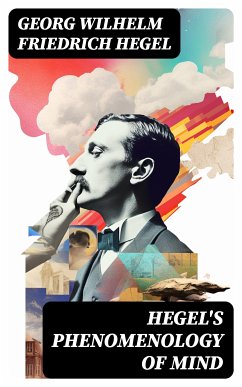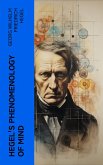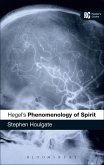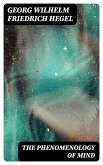Georg Wilhelm Friedrich Hegel's "Phenomenology of Mind" is a seminal work that intricately explores the development of human consciousness and self-awareness. Written in a dense, dialectical style characteristic of Hegelian philosophy, the text presents a journey through various forms of consciousness, from sense-certainty to absolute knowledge. Set against the backdrop of the early 19th century, the work was profoundly influenced by Enlightenment thought, Romantic ideals, and historical developments, offering a rich, layered understanding of how individuals come to realize their own existence and that of others through a dialectical process of thesis, antithesis, and synthesis. Hegel, a pivotal figure in German idealism, wrote "Phenomenology of Mind" during a tumultuous period in European history marked by revolutionary ideals and profound philosophical inquiry. His unique background, including his experiences with both the Enlightenment's rationalism and the transformative impact of the French Revolution, shaped his exploration of mind, reality, and freedom. Hegel's systematic approach sought to unify philosophy, psychology, and spirituality, shedding light on the complexities of human existence and self-consciousness. This book is a crucial read for anyone seeking to grasp the philosophical foundations of consciousness and reality. Hegel's intricate exploration challenges the reader to engage with the complexities of thought and existence, making it an essential text for scholars, students, and those whose intellectual curiosity drives them to delve into the depths of human understanding.
Dieser Download kann aus rechtlichen Gründen nur mit Rechnungsadresse in A, B, BG, CY, CZ, D, DK, EW, FIN, F, GR, H, IRL, I, LT, L, LR, M, NL, PL, P, R, S, SLO, SK ausgeliefert werden.
Hinweis: Dieser Artikel kann nur an eine deutsche Lieferadresse ausgeliefert werden.









